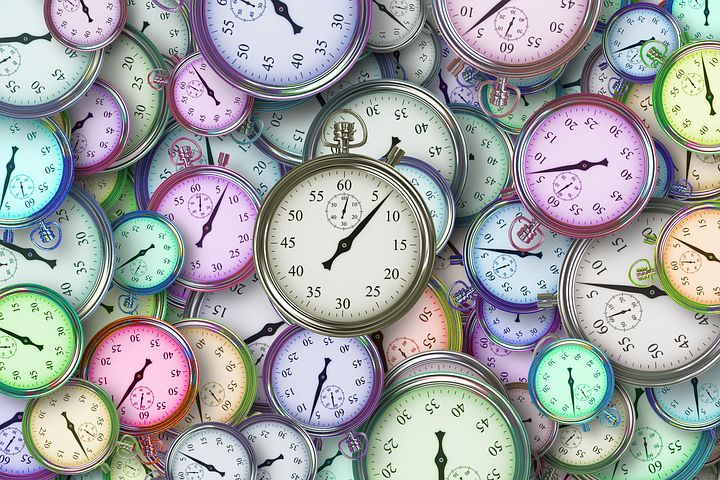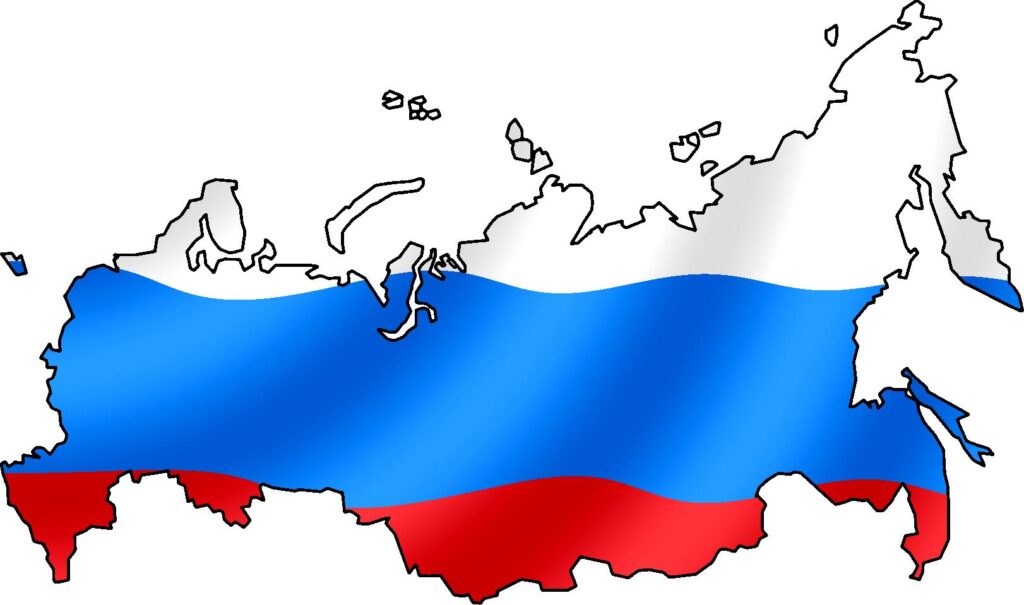
The capital of Russia is Moscow. This is a real metropolis. More than 12.5 million people live in the capital. In Russia, there are many large cities, centers of economy and culture, each has more than 1 million people – St. Petersburg, Nizhny Novgorod, Saratov, Astrakhan, Stavropol, Tambov, Novosibirsk, Yekaterinburg, Kazan and many others.
The Russian Federation is a multinational country, it is stated in its fundamental law – the Constitution. More than 190 different nations live in Russia. Traditions of tolerance and friendly attitude towards representatives of different ethnic groups were formed over the centuries of Russian history. The nations of Russia speak more than 100 languages and dialects. In Russia, the cultural heritage is carefully preserved and developed by all the na-tions.
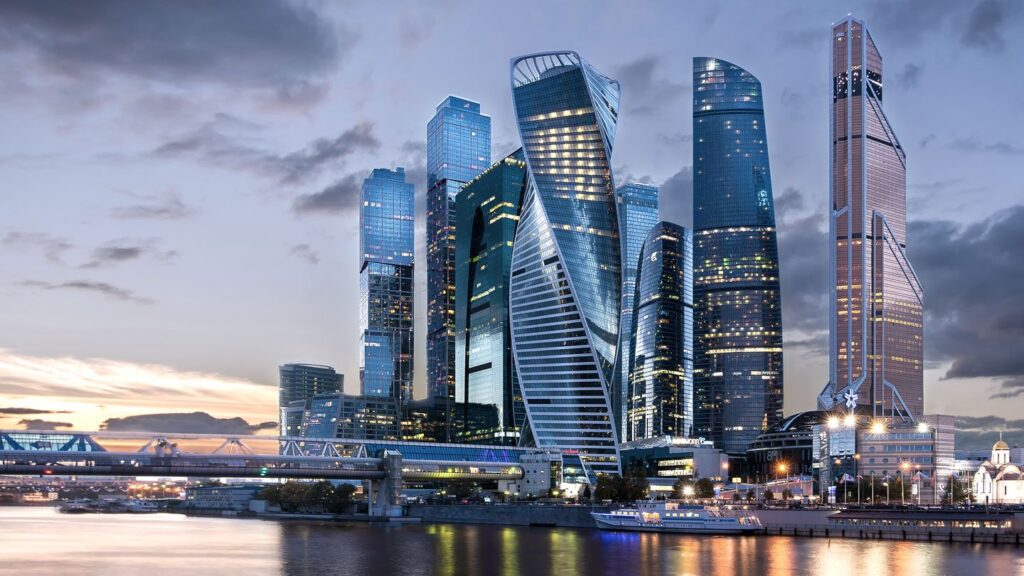

Russia historically developed as a multi-confessional country. Nowadays religious diver-sity is also maintained. Orthodox Christianity is the main religion, the number of its adher-ents is more than 75% of the population. Islam, Catholicism, Buddhism, Judaism are also widespread in Russia. For the faithful, the doors of temples, mosques, datsans and syna-gogues are always open.
CULTURE. ART. SCIENCE. SPORT
Russia is a country with a rich culture that has made a huge contribution to the world cul-tural heritage. 26 objects of Russian culture are included in the UNESCO World Heritage List. These cultural objects are: the Moscow Kremlin and the Red Square; architectural monuments of Russian ancient architecture of the 11th-17th centuries; the historical center of St. Petersburg and many others. Only in St. Petersburg there are 2000 libraries and 221 museums.
Russia has unique art collections which are displayed in the Hermitage, the Tretyakov Gallery, the Russian Museum. Experts believe that if you look at every work of art at the Hermitage for at least one minute, you will need about 11 years to see them all.
The whole world knows the Russian ballet, the music of P.I. Tchaikovsky, poetry of A.S. Pushkin, novels by F.M. Dostoevsky and plays by A.P. Chekhov. Various concerts, festivals, forums take place at the metropolitan and regional venues uniting world-famous musicians, actors, artists. At the World Festival of Youth and Students, which was held in Russia in 2017, young people from all over the world showed their talents: they drew, played on unusual musical instruments, danced and sang. The heart of Russia is open for a dialogue with everyone and has great opportunities for this.
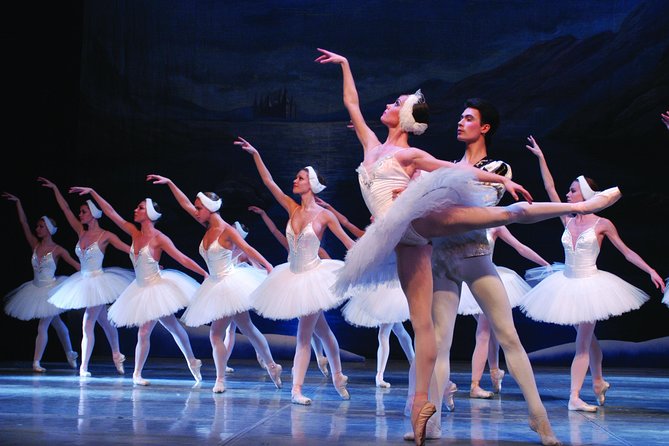
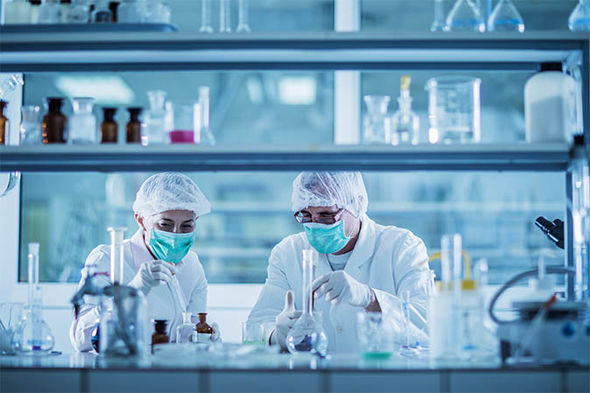
Russian scientists made an immense contribution to the world science and the largest scientific discoveries in various fields of knowledge, won 21 Nobel Prizes in Medicine, Physics, Chemistry, Economics, Literature and the Peace Prize. The most complex projects of a global scale were realized such as the space exploration and the first man’s flight into space. Russian scientists invented an electric light bulb, radio, TV, gasoline engine, color photography, etc. Unique methods of diagnostics and treatment of diseases are regularly invented because the development of public health is one of the priorities of the Russian Government.
Russian athletes never go below the third place in the overall medal count among all countries of the world at the Olympic Games. Russian athletes are leaders in the world hockey, figure skating, rhythmic gymnastics, synchronized swimming, chess and many other sports.


Youth sport movement takes its origins in Russian universities. Hockey, football, volleyball, basketball teams are created at universities. Students participate in athletics races, ski races, canoeing. Future champions are brought up at universities.
In Russia, family traditions are of great importance. The idea of “home”, “family hearth”, “big and friendly family” are not just words, but tradition and way of life. Families respect and care for older generations, support and mutual assistance in the family are common things.
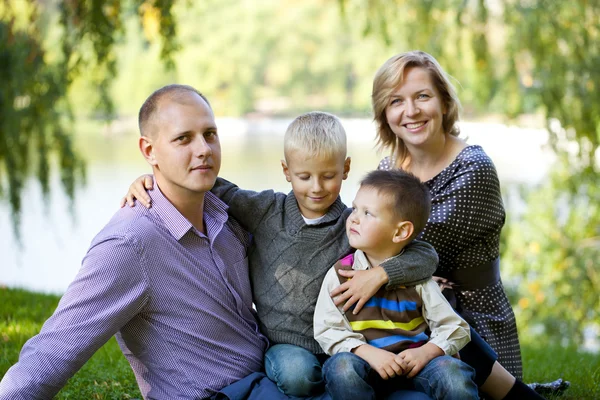
Russia is a country of knowledge and high quality education. The level of education of Russians is the highest in the world. In terms of literacy, Russia ranks first in the world. Today every second adult citizen of Russia has higher education. A widescale educational infrastructure has been created in the country – from early age citizens of Russia have the opportunity to receive continuous education. Such an educational system includes kindergartens, schools, colleges, universities (with bachelor’s, master’s degrees, postgraduates studies) programs. Russian system of education is constantly being improved, innovative technologies are being actively introduced and the latest, advanced teaching methods are being used.

Education in Russia is not just a traditional academic lecture. These are trainings, master classes from leading experts of the country, creation of educational projects, internship in large companies, employment in innovative laboratories and modern classrooms using up-to-date equipment. The universities of Russia are included in the ratings of the most prestigious universities in the world and give students high quality education recognized all over the world.
GEOGRAPHY. NATURAL RESOURCES
Russia is washed by 12 seas that belong to three oceans and occupies the third place in the world in terms of the length of the coastline. In Russia there are more than 2.5 million large and small rivers, more than 2 million lakes.
Russia has the richest mineral and raw material potential. It possesses nearly half of the world’s coal resources, 1/3 of natural gas reserves, 1/5 of world forests and timber reserves and 1/7 of the world’s oil reserves.

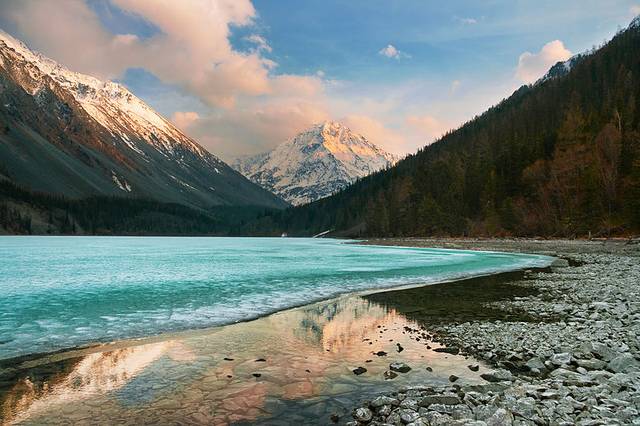
There are 11 time zones in Russia. It means that if you travel through the entire territory of the country on the 31st of December, you can celebrate New Year 11 times.
